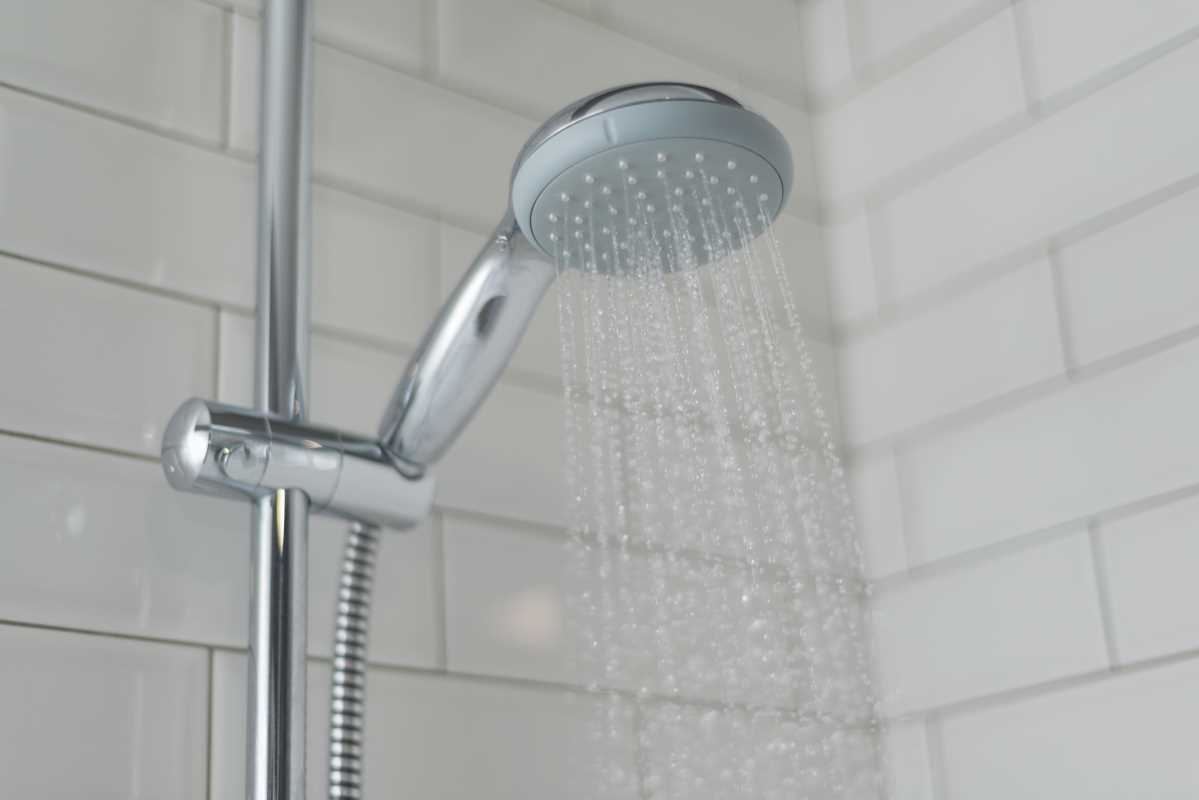Ah, fall. The season of pumpkin spice lattes, cozy sweaters, and…sniffles? Yes, unfortunately for many, fall brings with it the unwelcome arrival of seasonal allergies. While the vibrant colors of changing leaves might be a feast for the eyes, the abundance of pollen and mold spores in the air can trigger a cascade of unpleasant symptoms like sneezing, congestion, itchy eyes, and a runny nose.
But before you resign yourself to a season of suffering, take heart! There are plenty of natural remedies that can provide relief and help you reclaim your autumn enjoyment. Let's explore some effective ways to combat those pesky fall allergies without relying solely on medication.
1. Identify Your Triggers:
The first step towards managing fall allergies is pinpointing what exactly sets them off. Common culprits include:
- Ragweed: This is the biggest allergy offender in the fall, releasing pollen from August to November.
- Mold: Damp leaves and decaying plant matter create the perfect breeding ground for mold, which thrives in the cool, moist autumn air.
- Dust Mites: While not specific to fall, dust mites can become more problematic as we spend more time indoors with the windows closed.
Keeping a journal of your symptoms and when they occur can help you identify patterns and potential triggers. You might also consider allergy testing to confirm your sensitivities.
2. Minimize Exposure:
Once you know your triggers, take steps to reduce your contact with them:
- Check Pollen Counts: Stay informed about daily pollen levels in your area and limit outdoor activities when counts are high. Many weather apps and websites provide this information.
- Time Your Outings: Pollen levels tend to be highest in the morning, so schedule outdoor activities for later in the day.
- Keep it Clean: Regularly clean your home to minimize dust mites and mold. Vacuum frequently, wash bedding in hot water, and use a dehumidifier to control moisture levels.
- Shower After Being Outdoors: Rinse off pollen and mold spores that may be clinging to your hair and skin after spending time outside.
- Close Windows: While it's tempting to enjoy the crisp fall air, keep windows closed to prevent pollen and mold from entering your home.
3. Harness the Power of Nature:
- Saline Rinse: Rinsing your nasal passages with a saline solution helps to flush out allergens and soothe irritation. You can use a neti pot, squeeze bottle, or saline spray.
- Local Honey: Consuming local honey is believed to help build immunity to local pollen. Start with a small amount daily a few months before allergy season.
- Quercetin: This natural flavonoid found in apples, onions, and berries has anti-inflammatory properties and can help stabilize mast cells, which release histamine during an allergic reaction.
- Nettle Leaf: Nettle leaf acts as a natural antihistamine and can be consumed as a tea or supplement.
- Probiotics: Maintaining a healthy gut microbiome can improve immune function and reduce allergy symptoms. Consider adding probiotic-rich foods like yogurt and sauerkraut to your diet or taking a probiotic supplement.
4. Consider Complementary Therapies:
- Acupuncture: This traditional Chinese medicine technique involves inserting thin needles into specific points on the body to stimulate energy flow and promote healing. Some studies suggest acupuncture may be helpful for allergy relief.
- Aromatherapy: Certain essential oils like peppermint and eucalyptus can help clear congestion and ease breathing. Use a diffuser or add a few drops to a warm bath.
5. Don't Forget the Basics:
- Hydration: Staying hydrated is essential for overall health and can help thin mucus, making it easier to clear.
- Healthy Diet: Focus on a balanced diet rich in fruits, vegetables, and whole grains to support your immune system.
- Stress Management: Stress can exacerbate allergy symptoms. Incorporate stress-reducing activities like yoga, meditation, or spending time in nature into your routine.
Important Note: While natural remedies can be very effective, it's crucial to consult with your healthcare provider if your allergies are severe or if you experience any concerning symptoms. They can help you determine the best course of treatment and rule out any underlying medical conditions.
This fall, don't let allergies hold you back from enjoying the season. By taking proactive steps and embracing natural remedies, you can breathe easier and savor all the beauty autumn has to offer.
Sources and related content







